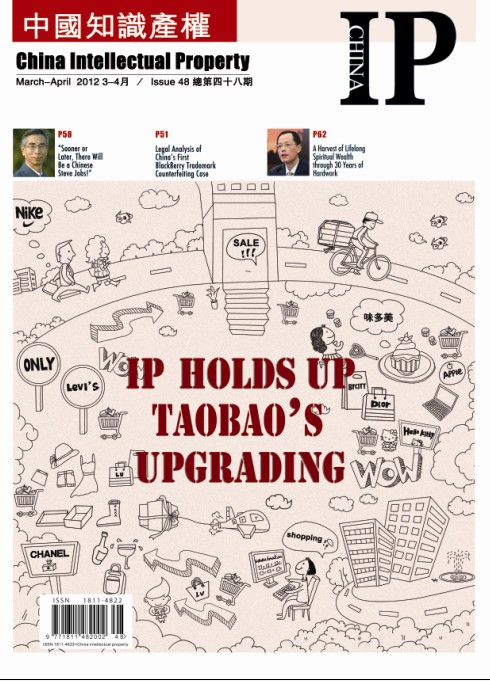
According to statistics, 41.6%, or more than 187 million of 500 million Internet users in china have shopped online. In 2011, the transaction volume of online shopping reached 773.56 billion yuan, about 4.3% of total retail sales of consumer goods for the year.
However, monitoring and management of online shopping platforms is still in the early stage, weak monitoring not only enables counterfeit sellers to find loopholes and run at large, but also periodically gets online shopping platforms entangled in disputes arising from complaints from rights holders.
As it grows stronger, Taobao.com, the leader in the domestic e-commerce industry, has been home to counterfeits and infringing products because of its open C2C platform model. Although Taobao.com has teamed up with relevant departments in its rights protection, its partiality for sellers has been often under fire.
Since the founding of the Tmall and the independent operation which was announced later, Alibaba Group (Alibaba) has expected Tmall to not only take an important position in the B2C market, but also to eliminate risks arising out of infringement. This can be felt from the New Rules of the Tmall, and the answer can also be found from an interview by China IP of Yu Siying, Vice President of Legal Affairs of the Alibaba Group.
But, will all go just like Alibaba wishes? Will Tmall avoid infringing products as it has transformed into a mall while still continuing with the previous practice of uploading by sellers? With respect to the infringement reviews and management departments, which will never be able to keep up with the market expansion rate, does Tmall have a unique approach to detect infringing sellers? Are there any differences in responsibilities assumed by Tmall and Taobao when Tmall begins to charge a fee?
|
Copyright © 2003-2018 China Intellectual Property Magazine,All rights Reserved . www.chinaipmagazine.com 京ICP备09051062号 |
|
|



